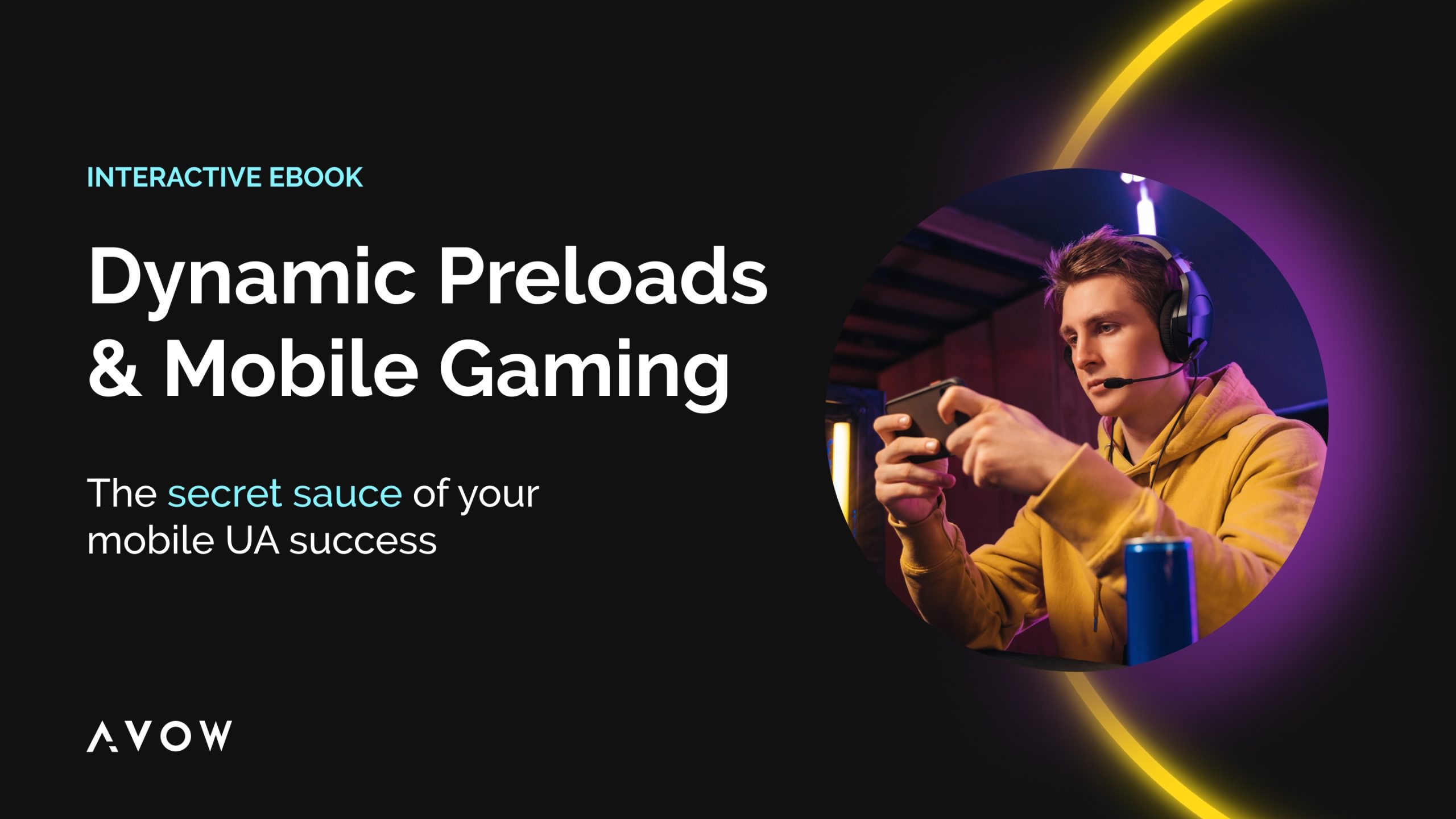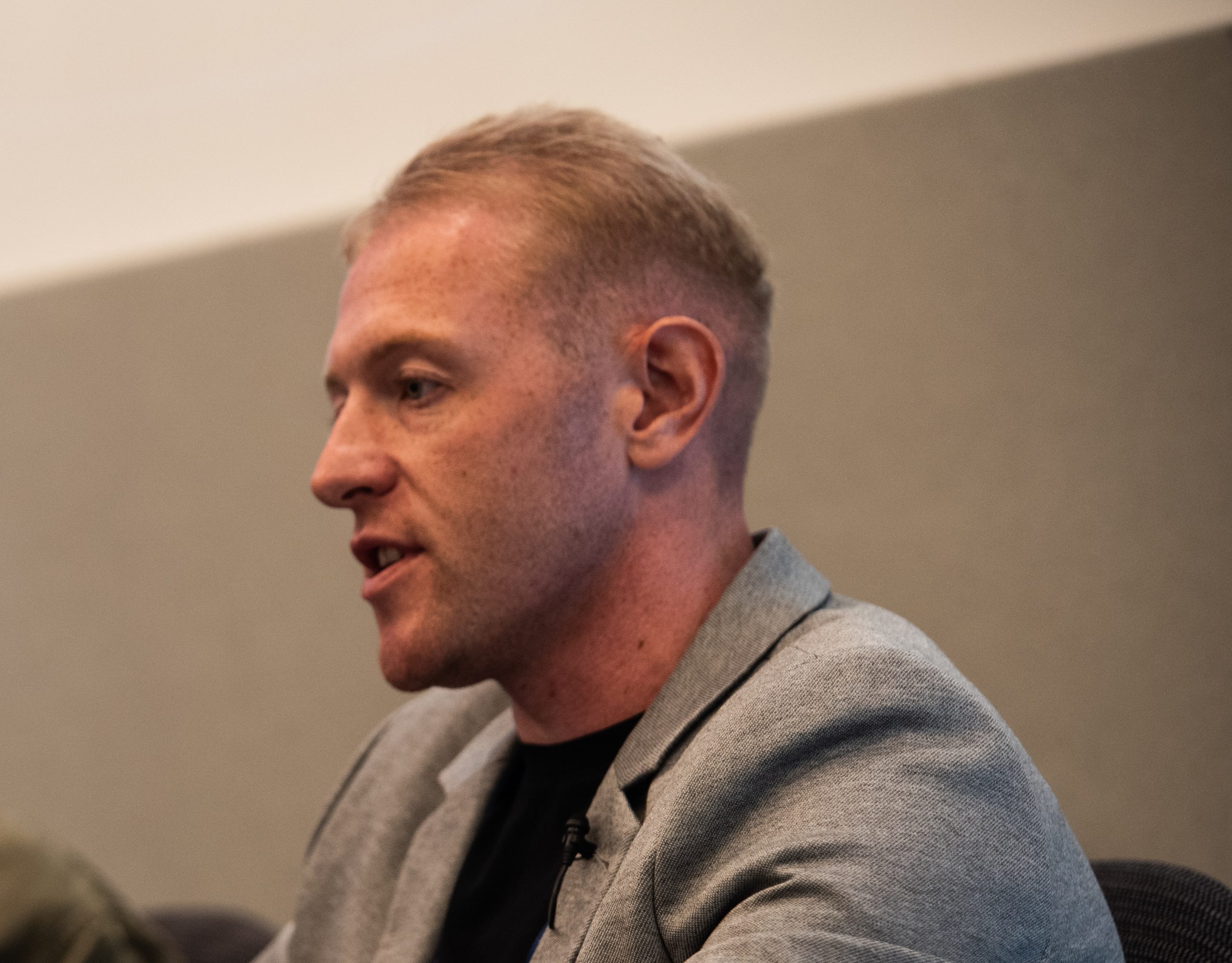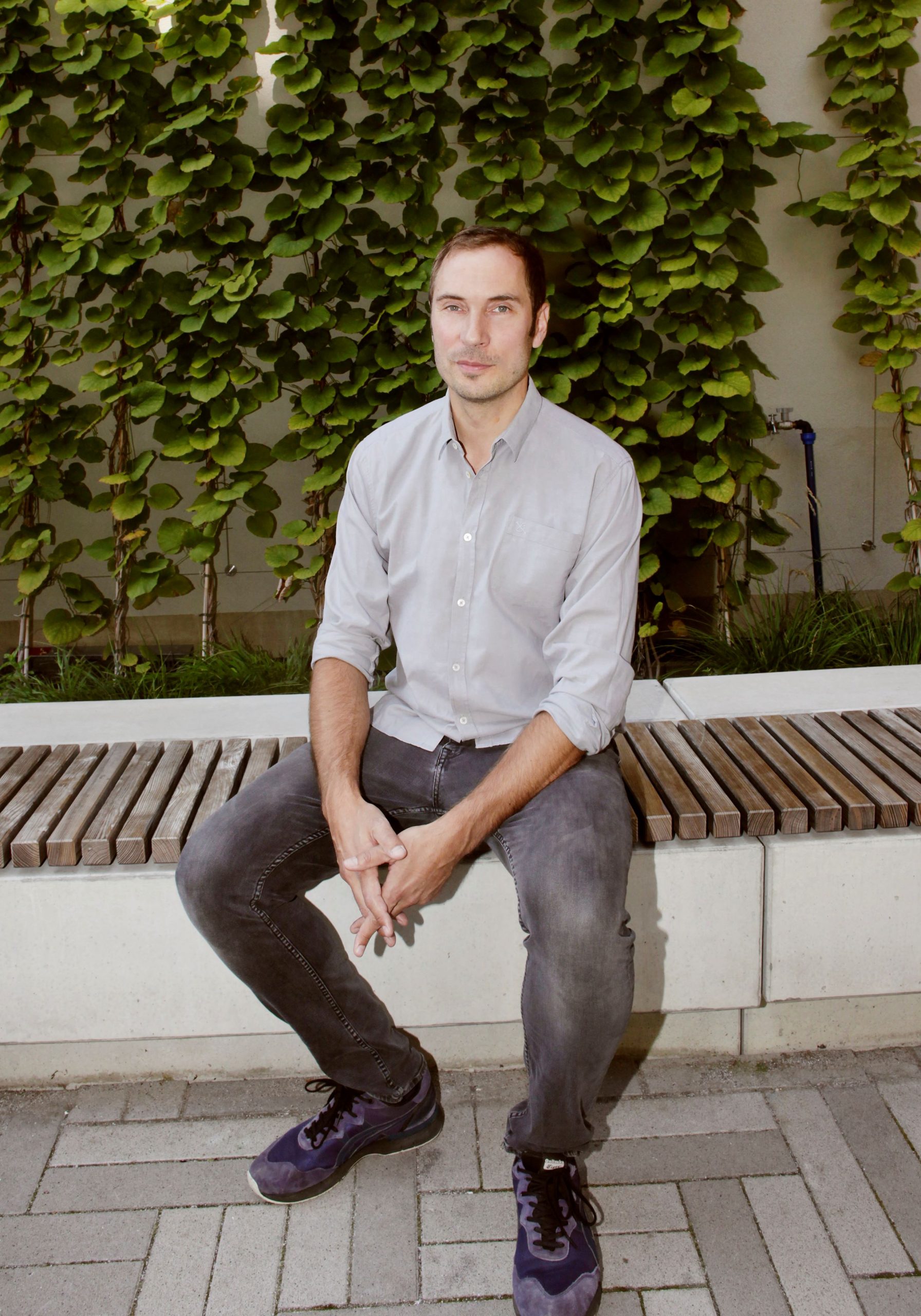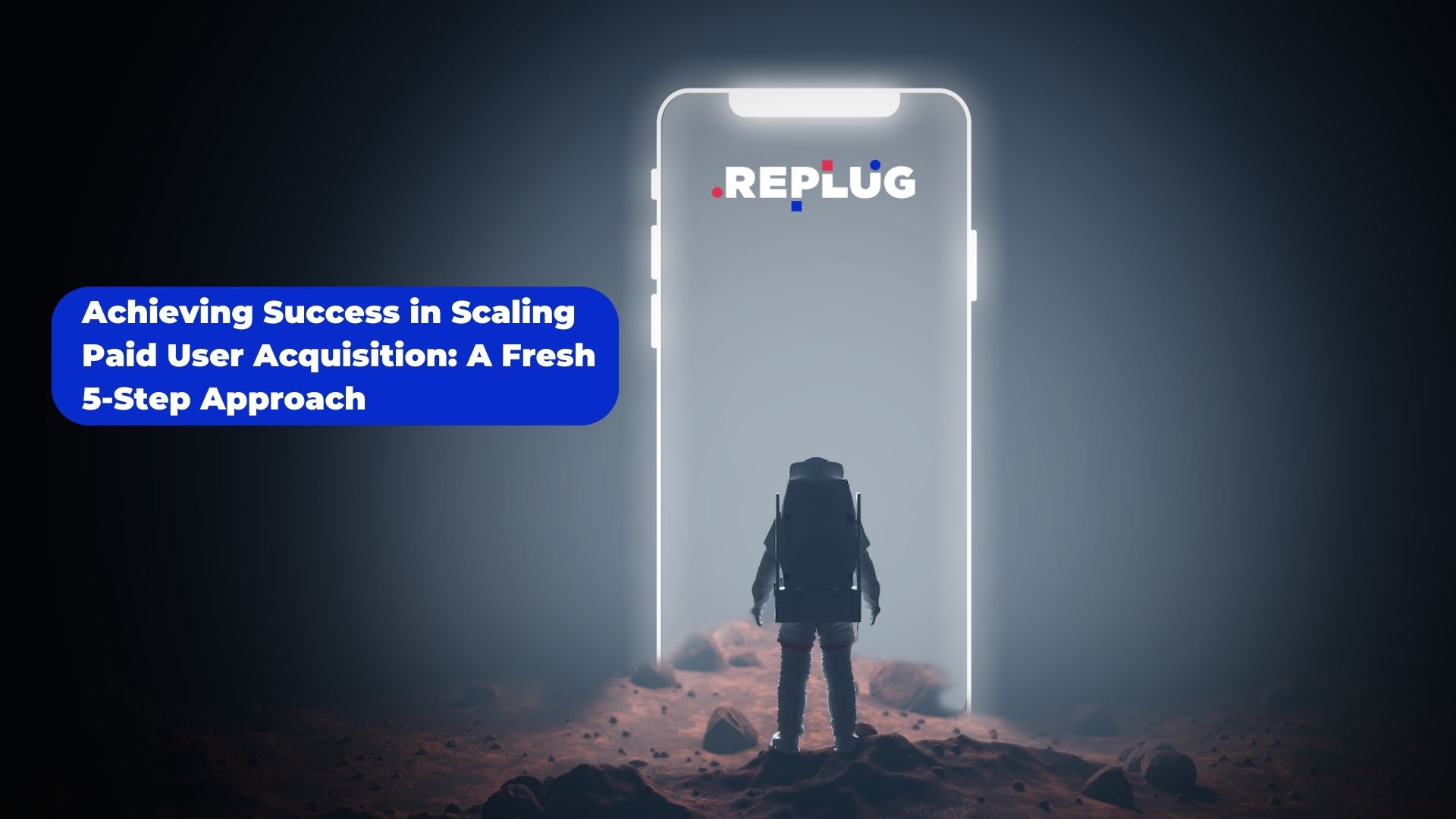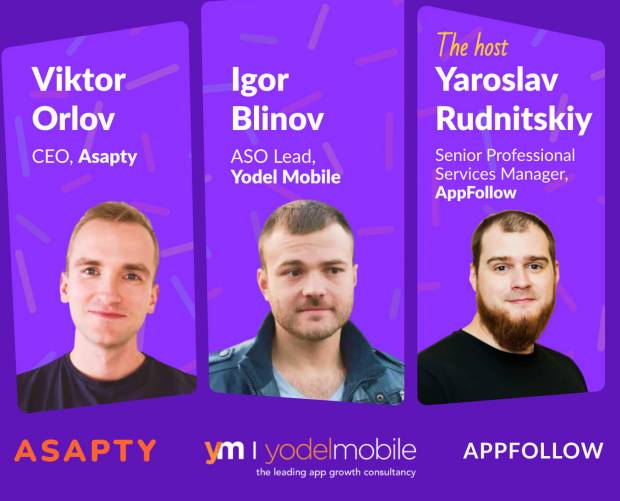Why marketers must approach Love Island influencers with caution
- Friday, May 31st, 2019
- Share this article:
Aaron Brooks, co-founder of Vamp, advises brands not to give in to the hype surrounding Love Island contestants because their impact as influencers could be limited
 With Love Island due to start in a matter of days, the buzz around the 2019 contestants has already begun. News outlets have found and shared their Instagram handles for fans to stalk. If previous years are anything to go by, their social followings will soar between now and the end of the summer as one of the country’s biggest reality TV shows dominates our screens.
With Love Island due to start in a matter of days, the buzz around the 2019 contestants has already begun. News outlets have found and shared their Instagram handles for fans to stalk. If previous years are anything to go by, their social followings will soar between now and the end of the summer as one of the country’s biggest reality TV shows dominates our screens.
Brand partnerships will inevitably be made, both on screen and off. Last year Missguided’s sponsorship of the show took product placement to the next level. The fast-fashion retailer provided clothes for contestants and allowed viewers to shop for them via the show’s official app and benefited from a 40 per cent sales uplift.
As the contestants leave the villa, more brand deals will be made as they rush to convert their newfound followings into cash. Their hot property status affording them bargaining power. Brands will pay way above the odds for a feature in their Instagram feeds.
While they will offer access to large followings in the short term, I’d urge marketers to approach deals with caution. Contestant’s sudden notoriety does not equate to the level of authenticity and credibility that smaller micro-influencers have created over the years. Their recently recruited followers aren’t likely to feel the same connection and loyalty as the people who have been following influencers for a long time and have the sense that they have been on a journey with them.
Brand partnerships made in haste – against the fifteen minutes of fame countdown – are unlikely to commit to adequate due diligence either. As a result, reality stars will promote multiple conflicting products and services at the same time. A micro influencer who has spent years building their followings are, in my experience, much more mindful of this and make careful choices to protect the integrity of their personal brand.
Trust is an essential – but often overlooked – component of effective influencer marketing. Trust is what elevates a campaign from people just seeing your product, to being convinced to buy it. A sense that someone is making a genuine recommendation, based on their own experience and expertise, is what turns an influencer marketing into a solid return on investment.
Instead of looking to the flavour of the month, look for advocates who personify your brand values. Someone who will genuinely use or see the value in your product and will be able to share their experience in an innovative and thought-provoking way. Someone with longevity who you could build an ongoing relationship with.
With 1bn active monthly users, Instagram is becoming an increasingly competitive space. Cutting through the noise and connecting with people is getting harder. We know that the Instagram algorithm favours high quality content that is well engaged with. What does that look like? Content creators who take time and effort to create videos, stop-motions, cinema graphs and images with drones, editing tools and talent. Captions that spark comment and connection. Not another influencer posing in leggings with a protein shake.






